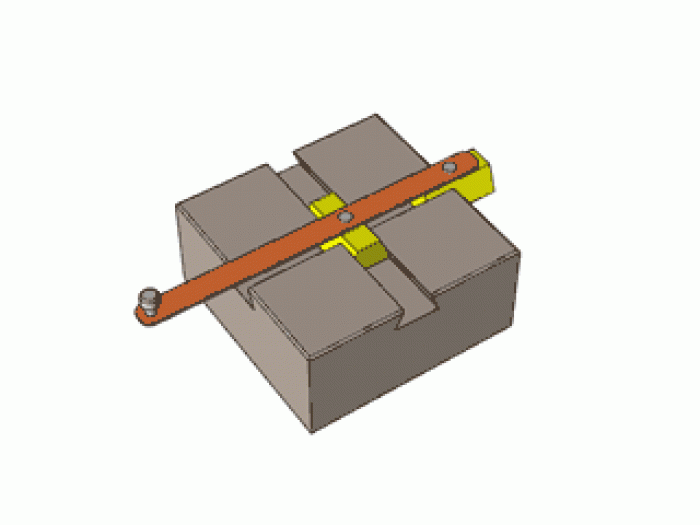|
|
|
Vaccines cause herd immunity. If the majority of people in a community have been vaccinated against a disease, an unvaccinated person is less likely to get the disease since others are less likely to become sick from it and spread the disease.
Coca-Cola originally used coca leaves and caffeine from the African kola nut. It was advertised as a therapeutic agent and "pickerupper." Eventually, its formulation was changed, and the coca leaves were removed because of the effects of regulation on cocaine-related products.
The first-known contraceptive was crocodile dung, used in Egypt in 2000 BC. Condoms were also reportedly used, made of animal bladders or intestines.
Human stomach acid is strong enough to dissolve small pieces of metal such as razor blades or staples.
Your chance of developing a kidney stone is 1 in 10. In recent years, approximately 3.7 million people in the United States were diagnosed with a kidney disease.
 Bronchoscopy. Figure illustrates physician using a bronchoscope to inspect the patient’s bronchial t
Bronchoscopy. Figure illustrates physician using a bronchoscope to inspect the patient’s bronchial t
 Effect of pH on drug absorption: (a) a weak acid such as aspirin (ASA) is in a nonionized form in an
Effect of pH on drug absorption: (a) a weak acid such as aspirin (ASA) is in a nonionized form in an





